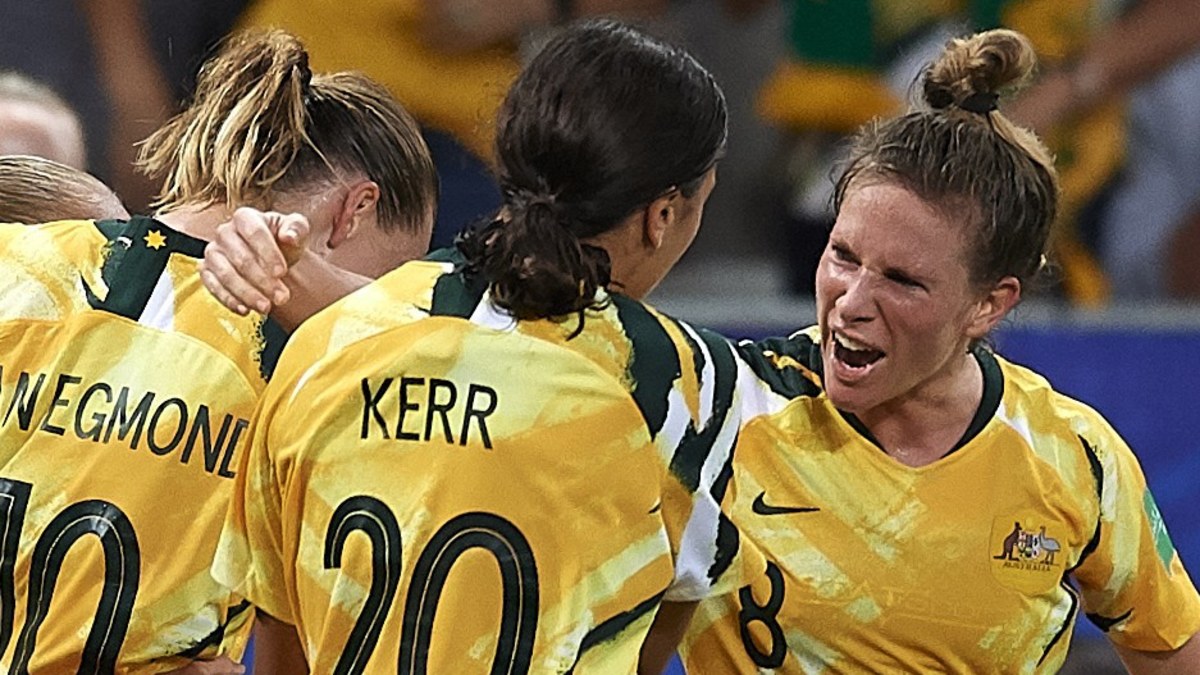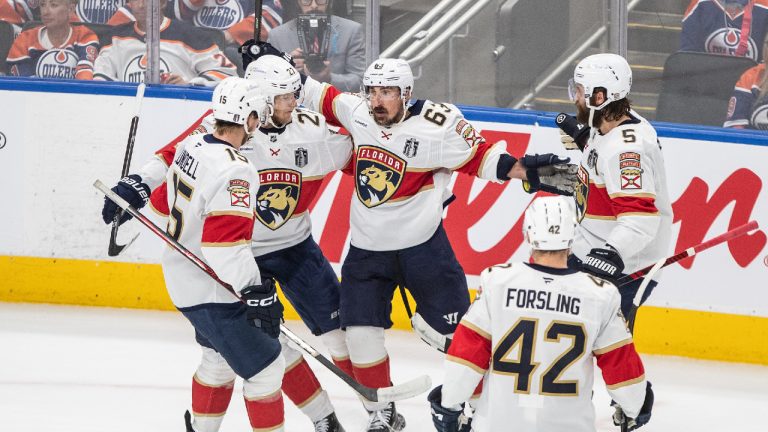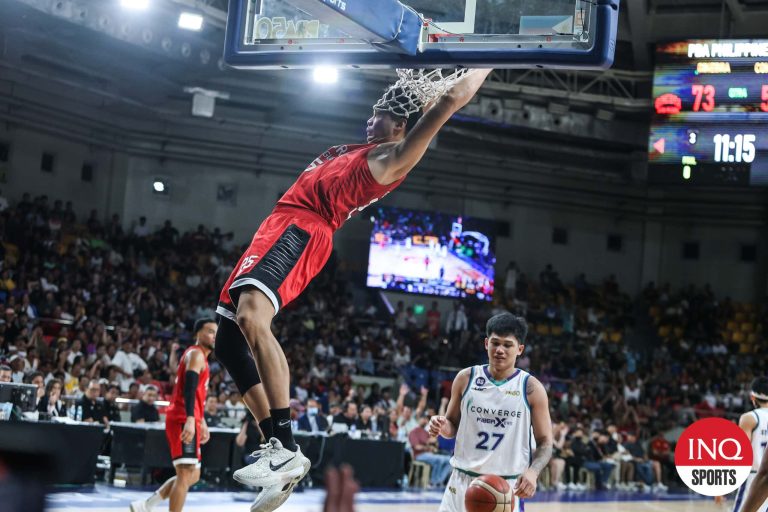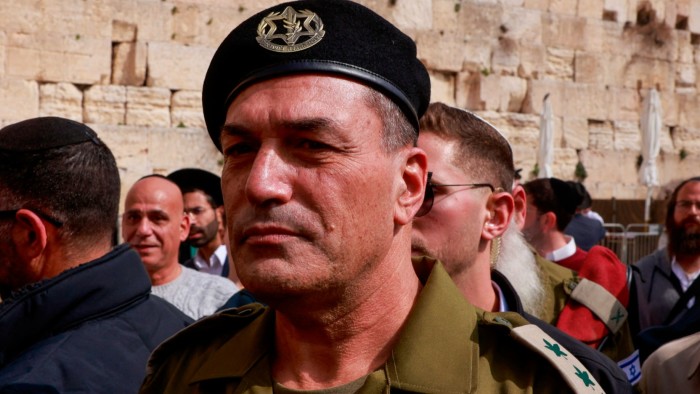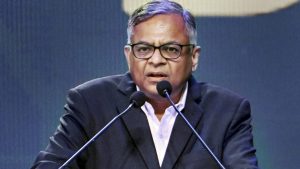Distressing stories of retired Australian athletes grappling with issues such as identity crises and “complex” mental health problems have led to the Australian Institute of Sport launching a peer support network at a time when the need for one has never been greater.
In a year rocked by the deaths of twin brothers Troy and Adam Selwood by suicide three months apart, Wide World of Sports can reveal the Australian Institute of Sport (AIS) has set up a retired athlete peer support network to make life after sport easier to navigate.
The launch of the network wasn’t prompted by the Selwood tragedies — a pilot program was run last year and it was clear then that a network of this kind was critical — but the heart-wrenching series of events that followed reaffirmed to key people at the AIS just how difficult life after sport can be.
READ MORE: Origin clash ‘boils over’ as wild shot sparks all-in melee
READ MORE: ‘In the past’: Leniu and Mam end feud with Origin embrace
READ MORE: ‘We flogged him’: Benji ‘felt sorry’ for Luai when NSW called
Among those who took part in the pilot program was Matildas great Elise Kellond-Knight, who called time on her stellar career last October.
“It’s heartbreaking,” Kellond-Knight said of the Selwood tragedies in an interview with Wide World of Sports.
“It’s something you just don’t fathom is possible, and you would hope that they had every possible piece of support around them before what eventuated.
“It shows you how hard it is for athletes to adjust to a new way of life and to basically give up one of their nearest, dearest things to them. It does show you the struggles that we all go through.”

Troy Selwood (left) and twin brother Adam, who died by suicide three months apart. Getty
Kellond-Knight laid bare a troubling reality.
“I think it would be very rare if an athlete said to you it was easy transitioning into retirement,” she said.
The AIS has an athlete advisory committee consisting of both currently competing and retired athletes, including Olympic pole vault gold medallist Nina Kennedy, former world No.1 surfer Sally Fitzgibbons and wheelchair racing legend Kurt Fearnley.
The committee raised with key people at the AIS a strongly held belief that more needed to be done to help retired athletes.
The retired athlete peer support network was soon in the works.
“One of the big things every retired athlete I’ve ever spoken to has referred to is change of identity,” Matti Clements, the executive general manager of AIS performance, told Wide World of Sports.
“Some of them will refer to it as a loss of an identity.

Elise Kellond-Knight in action for the Matildas at the Rio 2016 Olympics. Getty
“Others will refer to it as, ‘I was an athlete, and now I’m moving to the next stage of my career’, but others will absolutely talk about and refer to what’s next as, ‘I was an athlete, it was my whole sense of self, and now I don’t know who I am’.
“So, identity’s one of the central drivers in this peer support program.
“Some of the other things that can come out of an individual’s experience when they’re transitioning out of elite sport are quite complex mental health issues.
“But they can also be family issues and social issues … In many cases, you have to rebuild some of those relationships, or in some cases, start new relationships, because your whole sense of social interaction has been with the sport you’ve been involved in, and now you’re no longer so intimately engaged in that sport. And creating new friendships is really tough, as we all know.”
In Kellond-Knight’s experience, identity hasn’t been a problem in the eight months she’s been retired.
Granted, the dual Olympian is now having a kick in the Victorian Premier League, is now the deputy chair of Professional Footballers Australia, and has remained an expert football commentator, a role she’s held for multiple years.
“So I’ve still got this really healthy relationship with Elise the footballer,” Kellond-Knight said.

Matti Clements, executive general manager of AIS performance. Supplied
However, no longer having a thoroughly structured high-performance program to follow — a constant in her life throughout her 17 years in top-flight football — proved problematic.
“Maybe my biggest challenge was around physicality,” said Kellond-Knight, who works full-time as a project management officer consultant.
“A really good talking point that came out of the network group [in the pilot program] was the fact that athletes don’t get detrained, and I found that quite hard to deal with, and I wasn’t quite sure what I was going through at the time because I just wasn’t aware of it.
“I usually wake up ready to work physically, and you’re obviously very fit and active, and I just describe it as being like a kid on ADHD — you’re wired, you need to go out, you need to expend energy.
“When you move into a different career, you don’t necessarily get the opportunity to do that. So I had to adapt my lifestyle to cater to that.
“When there’s ways that I can get some sort of activity in, I definitely do that, because I’ve got a functioning human when I have exercise.”

Elise Kellond-Knight (far right) celebrates a goal with her Matildas teammates during the 2019 FIFA Women’s World Cup. Getty
Beginning in July, virtual peer support sessions run by the retired athletes involved will be held in six-week blocks.
In addition to those sessions, in-person events for retired athletes will be held in each of the capital cities.
The AIS wants anyone who’s represented Australia or competed at the highest level of their sport domestically, including former NRL and AFL players, to get in contact if they’re struggling with life in retirement.
“It’s absolutely about connecting you to a group of people that you may not have been connected with … if it wasn’t for this program,” Clements said.
“So there’s a new group of potential friends there, but also, people that have gone through a lived experience. And we know that people talking, lived experience to lived experience, is a really important way of developing your own skills, understanding what’s going to work for you, and navigating through the next stage of life.”
Last week’s Australian swimming trials, held in Adelaide, shone a light on the mental struggles facing many athletes competing currently.
Mollie O’Callaghan, who triumphed in the 200m freestyle at the Paris 2024 Olympics, revealed in an emotional interview on Nine that she’d been struggling to cope with defending her status as an Olympic gold medallist.
Kellond-Knight had sage advice for any athlete competing currently.
“Maintain that balanced lifestyle,” the 34-year-old said.
“You’re obviously going to have ebbs and flows in your career, and you’ll have down time in your career.
“When you’re going into an Olympics or an Olympic trials, you need to be laser-focused, 100 per cent.
“But in moments where you do have time and capacity to start to broaden your horizons a little bit, try to get that balance into your life, because your athletic career does not last forever.”
If you or anyone you know needs immediate support, contact Lifeline on 13 11 14 or via lifeline.org.au. In an emergency, call 000
